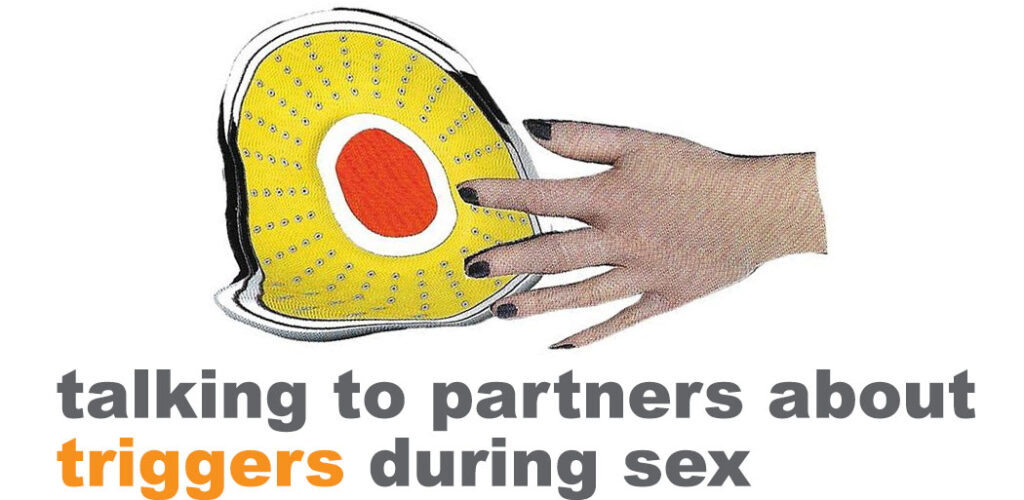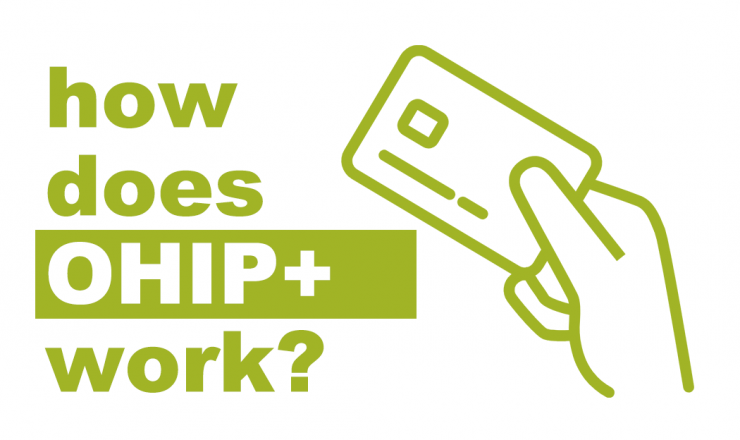

FAQ: I’m in a new relationship and I want to tell my partner how I get triggered by some things during sex sometimes, but don’t know how to approach it. Any advice for having that kind of convo?
It is totally fair to feel unsure and nervous about having these kinds of conversations. Communicating with a trusted partner about how you are feeling and establishing some boundaries can help make intimate experiences less triggering, more pleasurable, and keep you feeling safe.
Let’s think of some things to consider:
The important thing is that this conversation is on your terms! That means that you get to choose who you talk with about your triggers. It’s your decision. If your partner is a safe and trusted person in your life who you’d like to confide in, that’s great. We always want to make sure that the people we confide in are safe people, we trust them, and they are open to supporting us.
The core of this conversation is having a discussion about how your partner can better support you, whether that is working through a trigger or avoiding running into one. When deciding what you want to tell them, remember you are in control of how much you share. You can be as vague or detailed as you are comfortable with. It’s normal that your partner might have questions, so maybe it would help to prepare how you might respond to them. If you are not comfortable talking fully in depth about the subject, it’s okay to say that. You can always open up more if or when you are ready.
| What to Say |
|
These conversations can help lead to healthier boundary setting with your partner to keep you both feeling good and safe during sex. Allow yourself the time and space you need to figure out what you are comfortable with and what you’re not!
If you have questions about this topic, feel free to contact one of our peer educators. [Link]
Last Updated: June 2021

Going on hormones is supposed to change your body and that can be pretty scary when you don’t know what to expect. For this post, we’ve adapted a some resources from the Rainbow Health Network’s pages on Feminizing and Masculinizing Hormone Therapy.

OHIP+ helps cover medication costs for youth 24 and under who don’t have private insurance. This post answers some of our OHIP+ FAQs.

A Google Doc to Free/Low-Cost Mental Health Resources in Toronto